
UK offshore sector to reduce capex, drilling: OGUK

"The combination of the global economic impact of the continued spread of the coronavirus, the most dramatic fall in oil price in almost 30 years and a halving of gas prices is driving an increasingly fragile outlook for the UK's offshore oil and gas sector," it said.
OGUK expects capital investment to fall to £4bn-4.5bn in 2020, reflecting expected deferrals, from the £5.5bn ($6.5bn) in 2019, it said in its Business Outlook 2020 report. The 141 wells drilled in the basin last year was 38pc more than in 2018, but it is now "conceivable" that this year's number would signal "a return to record-low levels", OGUK said. It expects the rate of well decommissioning to slow, as firms "may place increased attention on lower-cost activities which maximise the potential of existing well stock".
UK oil and gas output averaged 1.69mn b/d of oil equivalent (boe/d) last year and in 2018, and OGUK anticipates 2020 production at 1.64mn-1.67mn boe/d. But lower investment levels and drilling activity now will affect the level of new production coming on stream in the near future, it said.
It estimates that production revenue offshore the UK exceeded £28bn in 2018 and averaged about £24.5bn last year.
"Based on a longer-term Brent price of $40/bl and NBP gas price of 25p/th, it is estimated that revenue would be just over £15bn this year," OGUK said. At those price assumptions, the sector is cash-flow neutral, it said. But with oil prices averaging $35/bl, "the basin would fall into a negative cash flow position of around £1.2bn", OGUK said.
"Exploration and production companies will look to reduce and delay expenditure, investment and activities to mitigate the commodity price risk and maintain positive cash flow," it said. "Access to finance will also be constrained as investors review the market outlook and await commodity price recovery."
The UK offshore industry has significantly improved its efficiency and productivity since the start of the previous oil-price downturn in 2014, OGUK said: unit operating costs (UOCs) averaged $15.2/boe last year, compared with $32/boe in 2014.
"The industry is now producing 20pc more for 30pc lower costs compared to 2014," OGUK said.
OGUK said it estimates that around 85pc of assets that produced at least 1mn boe/d last year have UOCs below $40/boe, compared with two-thirds in 2014. "The highest-cost asset in this group is now around $64/boe, compared with more than $100/boe in 2014."
It expects operating costs to fall further this year "as all expenditure comes under increased scrutiny".
As oil and gas companies are expected to focus on cash preservation in the current environment, it will hit the supply chain, OGUK said.
"Many [services] companies are already in an unsustainable financial position following the last downturn and the ability for companies to absorb further reductions is limited," it said.
By Konstantin Rozhnov


Column: EU’s pledge for $250 billion of US energy imports is delusional
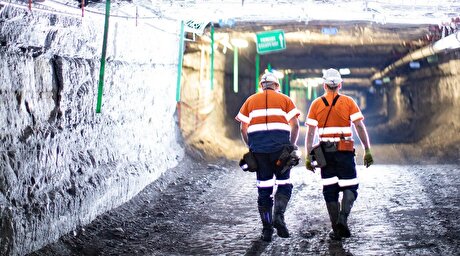
Anglo American posts $1.9B loss, cuts dividend

BHP, Vale accused of ‘cheating’ UK law firm out of $1.7 billion in fees

Ramaco Resources secures five year permit for Brook rare earth mine in Wyoming

Southern Copper expects turmoil from US-China trade war to hit copper
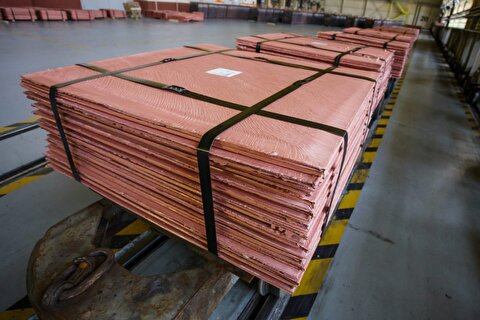
Trump tariff surprise triggers implosion of massive copper trade

Eldorado to kick off $1B Skouries mine production in early 2026

St Augustine PFS confirms ‘world-class’ potential of Kingking project with $4.2B value

Newmont nets $100M payment related Akyem mine sale

Caterpillar sees US tariff hit of up to $1.5 billion this year
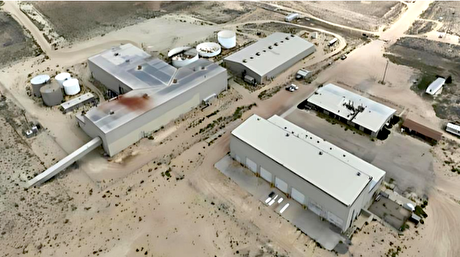
Uranium Energy’s Sweetwater plant on fast track for in-situ mining approval
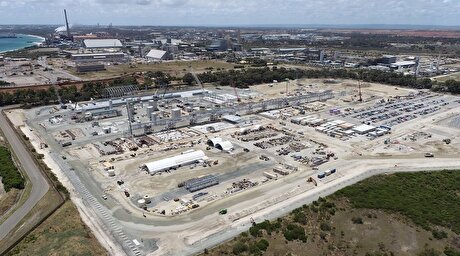
Tianqi Lithium Australia JV says it is prioritizing long-term viability of refinery

First Quantum scores $1B streaming deal with Royal Gold
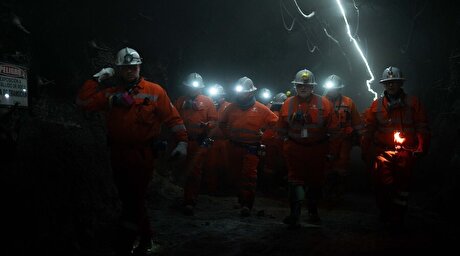
One dead, five missing after collapse at Chile copper mine

Eldorado to kick off $1B Skouries mine production in early 2026

Newmont nets $100M payment related Akyem mine sale

Idaho Strategic rises on gold property acquisition from Hecla

Goldman told clients to go long copper a day before price plunge

Gold price rebounds nearly 2% on US payrolls data

Caterpillar sees US tariff hit of up to $1.5 billion this year

Uranium Energy’s Sweetwater plant on fast track for in-situ mining approval

Tianqi Lithium Australia JV says it is prioritizing long-term viability of refinery

First Quantum scores $1B streaming deal with Royal Gold

One dead, five missing after collapse at Chile copper mine

Eldorado to kick off $1B Skouries mine production in early 2026

Newmont nets $100M payment related Akyem mine sale

Idaho Strategic rises on gold property acquisition from Hecla

Goldman told clients to go long copper a day before price plunge














